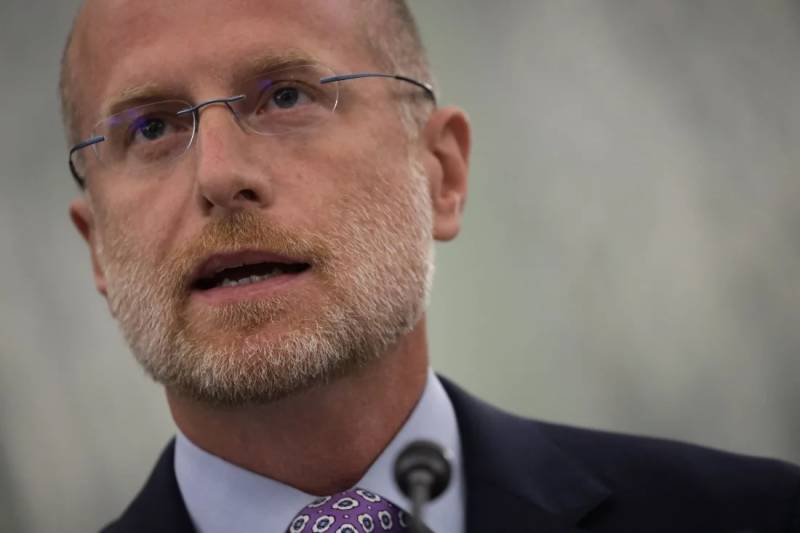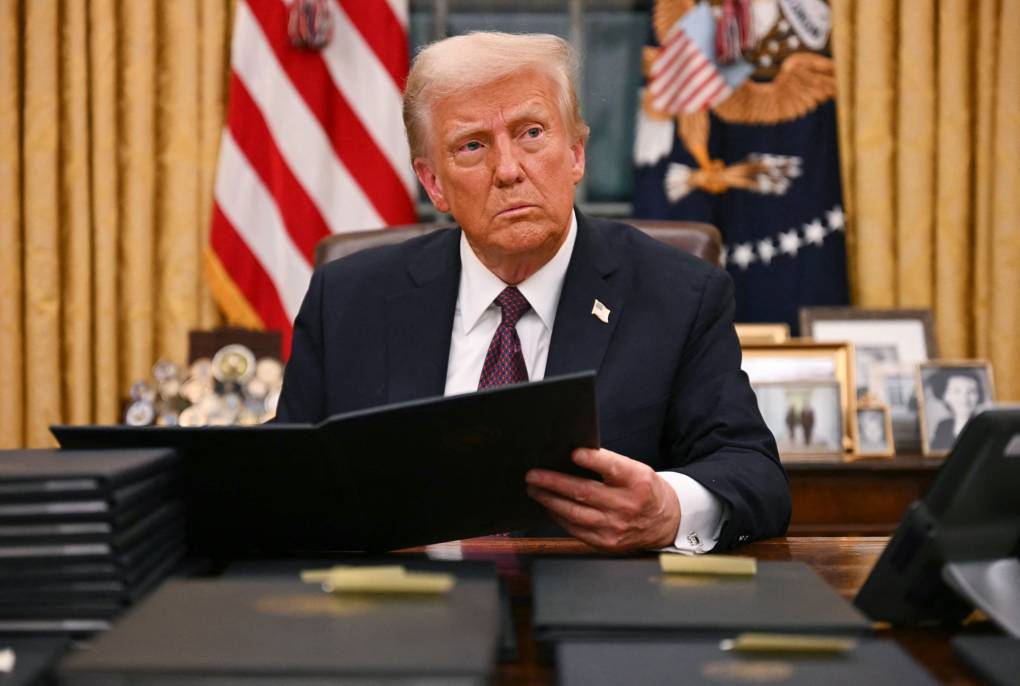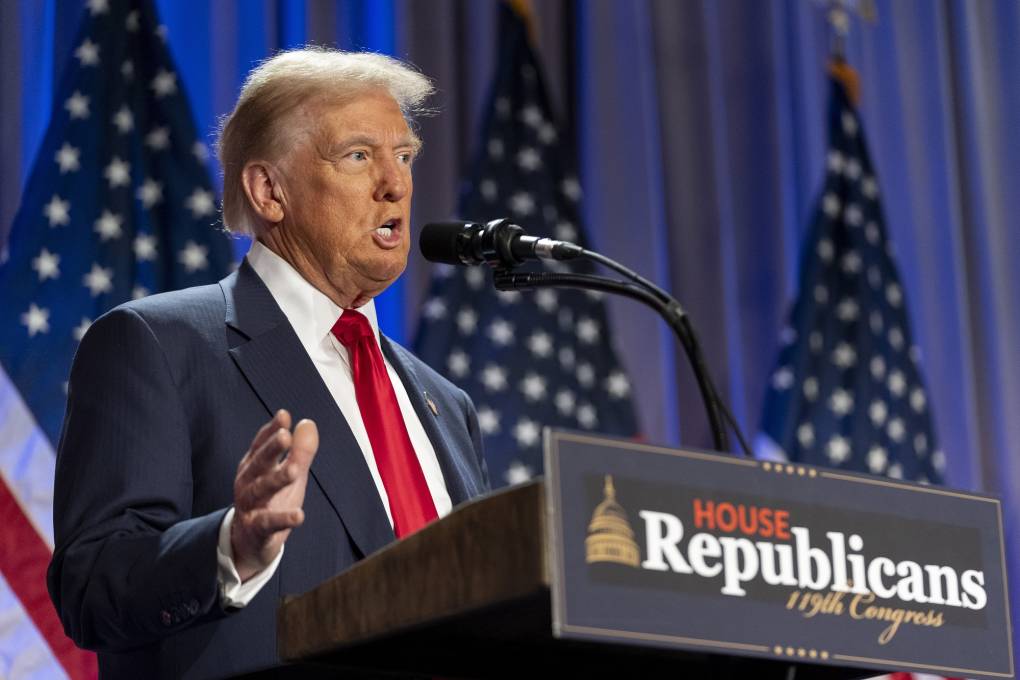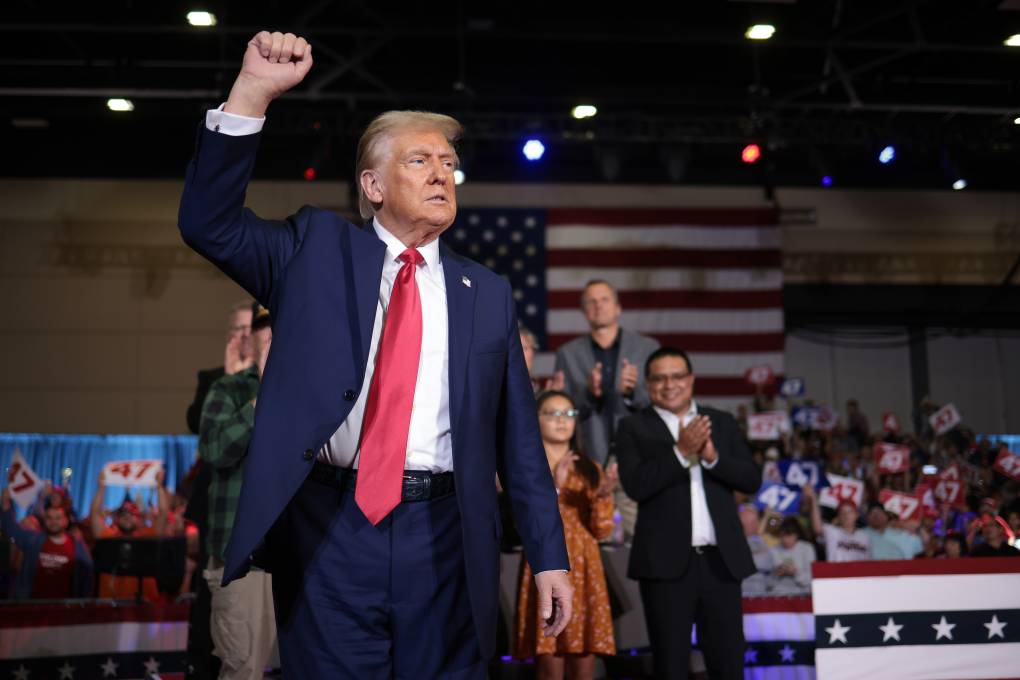Carr’s letter fits into Trump’s calls for the end of public funding for NPR and for PBS and into the president’s broader rhetorical onslaught against media outlets.
“There’s no reason to believe there are significant or widespread violations of Section 399b of the Communications Act, as referred to in the letter, or of FCC guidelines adopted under that law,” says Andrew Jay Schwartzman, a public interest media lawyer who has represented consumer groups before the agency. “It leads me to conclude it’s much more of a scare tactic than the identification of a genuine problem.”
The FCC chair under former President Joe Biden, Jessica Rosenworcel, cited free speech principles in dismissing complaints earlier this month against local stations owned by three TV networks: CBS, NBC and Fox. Last week, Carr reinstated the complaints filed by a Trump-affiliated group against CBS and NBC for their treatment of the presidential campaign. He left untouched the dismissal of the one focusing on a Fox station owned by conservative media magnate Rupert Murdoch.
Underwriting has been an increasingly important part of public broadcasting finances in recent decades as federal and state governments have pulled back from such funding. On average, NPR receives about 1% of its funding directly from the federal government each year, according to publicly available materials. PBS receives 16%, according to a network spokesperson.
On average, NPR’s member stations get 10% of their funds from the U.S.-chartered Corporation for Public Broadcasting. Rural stations are generally among the most dependent on such federal largesse. As a result, public broadcasting has often enjoyed bipartisan support.
Trump has used the conservative Heritage Foundation’s Project 2025 as an informal blueprint for his second administration, nominating one of its co-authors as his budget chief. The section on public broadcasting called for the elimination of all federal funding.
“The next conservative President must finally get this done and do it despite opposition from congressional members of his own party if necessary,” Mike Gonzalez, a senior fellow at Heritage, wrote in the report (PDF), “To stop public funding is good policy and good politics.”
In his first term, Trump repeatedly sought to eliminate federal funds for the Corporation for Public Broadcasting without success.
“There’s an internal inconsistency with complaining about underwriting paying for public broadcasting and simultaneously objecting to public funding,” Schwartzman adds. “There’s an illogic to those two positions unless you don’t really want the nation’s audiences served by public broadcasting at all.”
Disclosure: This story was reported and written by NPR Media Correspondent David Folkenflik and edited by Deputy Business Editor Emily Kopp and Managing Editor Vickie Walton-James. Under NPR’s protocol for reporting on itself, no corporate official or news executive reviewed this story before it was posted publicly.



